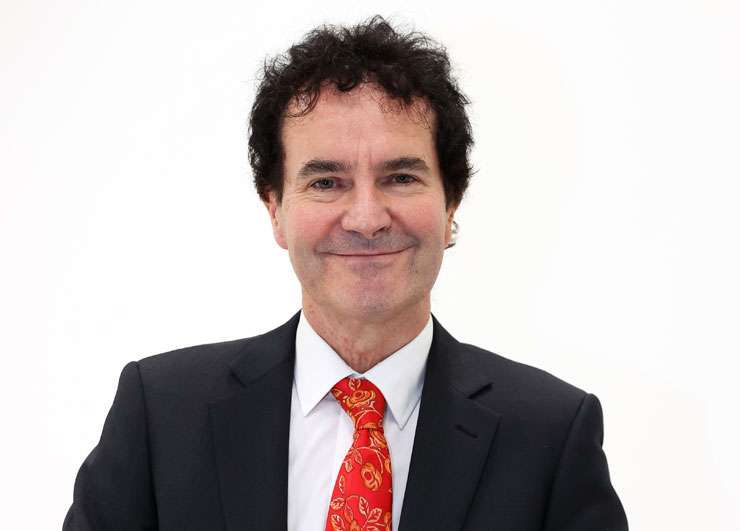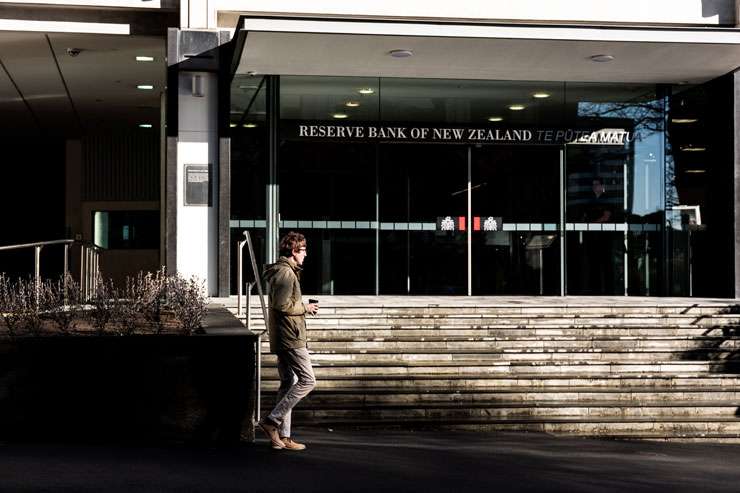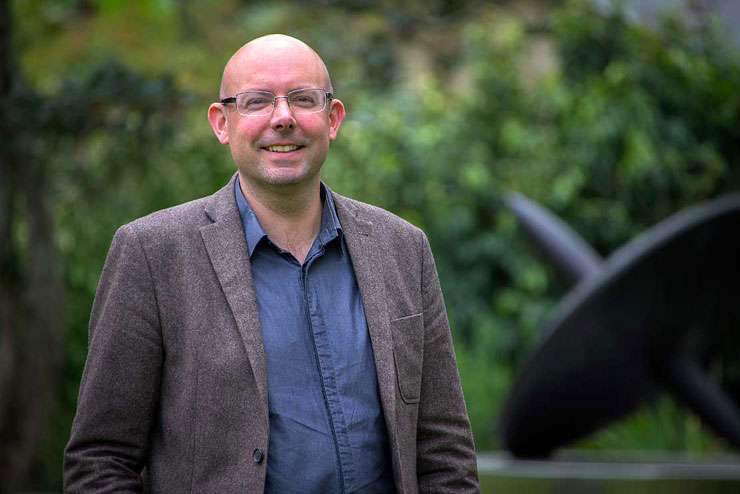Will the house prices keep rising at record rates or is a crash on the cards?
With parts of the country still in lockdown as a result of the worsening Covid outbreak, and listing volumes still tight, the housing market is entering unfamiliar territory.
Last week the Reserve Bank upped interest rates for the first time in seven years, in a bid to curb house price growth. The move follows several official measures aimed at taking the heat out of the market, including the reintroduction and hardening of the loan to value ratio restrictions and the removal of tax breaks for property investors on existing homes.
OneRoof house price figures from last month show the scale of the challenge: the country’s average property value hit $1m for the first time, after growth of 27% in the last 12 months. Quarterly figures point to slowdowns in some parts of the country, but are these a blip or signs that the market frenzy is coming to an end?
Start your property search
OneRoof asked a number of industry experts for their best and worst-case scenarios for real estate in the months ahead and their answers are illuminating, exposing the difficulties and unevenness in the market
What’s best for first home buyers can be a worst-case scenario for home-owners and investors.
Mortgage broker Campbell Hastie, of Hastie Mortgages, says often hears from first home buyers that they’d love the housing market to crash by 50%, but the reality is house-buying would become harder, not easier if prices went into free-fall because nervous banks would put a halt to lending.
Graham Squires, professor of property studies at Massey University, agrees that best and worst depends on where you sit. He notes that first home buyers have the moral high ground currently, but it wasn’t so long ago that house price rises were seen as something to celebrate.
Independent economist Tony Alexander says best and worst scenarios are different for builders, the agents, the first time buyers, existing property investors, existing owner occupiers. He prefers to be drawn on the highs and lows but notes that it’s very difficult to predict the future currently. “The uncertainty regarding factors going forward is extreme.”
Tony Alexander, independent economist
Highest rise: Alexander says the average house price could rise between 15% and 20% over the next 12 months. “Why 20%? That’s if the Reserve Bank and the Government don't do much at all. That's what it comes down to: the actions of the Government and the Reserve Bank. Other influences are pretty much pointing to the prices rising.”

Tony Alexander: “I think we're still looking at very strong monthly increases.” Photo / Fiona Goodall
Lowest rise: The lowest price increase Alexander expects to see is 10%. “So, a decent slowdown basically,” he says. “For the rest of this year, I think we're still looking at very strong monthly increases. There's a lot of momentum. Then we could get extra action from the Reserve Bank and government early next year to slow things down. With that sort of pathway, you could get the market flattening out before the middle of next year. That would be the optimistic view from a first time buyer’s point of view.”
Campbell Hastie, mortgage broker at Hastie Mortgages
Best case: “The best case for first time buyers is that house prices flatten off. That's going to be achieved by the interest rate increases that we're starting to see now. So, you've got rates going from super-duper cheap to something a bit more normal.”
Worst case: Hastie sees two worst-case scenarios: “The obvious one is prices carry on ripping away and it's just so hard for first timers to catch up. The second one would be dramatic falls in prices. If house prices fell, that wouldn't be very good for first time buyers, either.” Banks don’t want a situation where a property is worth less than the mortgage, he says, “[A crash] not going to give much confidence to the banks.”
Andrew Nicol: managing partner at property investment company Opes Partners
Best case: “A best case is where we get enough capital growth to keep investors happy, without increased regulation from the Reserve Bank or the Government,” says Nicol. That would mean around a 6% growth rate in Auckland and 4-5% in other areas.

A pedestrian walks past the Reserve Bank headquarters. The Reserve raised the OCR for the first time in seven years last week. Photo / Getty Images
Worst case: “The worst case scenario is that the Reserve Bank increases interest rates in a way that shocks the market and that leads to a prolonged slump,” Also bad would be an immediate flatline or slump. “But I don't think that it's going to happen,” he says.
Graham Squires, professor of property studies at Massey University
First home buyers: “It’s not looking great for first home buyers, over the next one to three years,” he says. “Even to get back to where they were a year ago house prices would have to fall as much as they have risen over the past year, which is very doubtful. First home buyers are usually renters so the worst case for them might be that property prices rise, and rents go up astronomically because landlords have to service mortgages. Rising rents push house deposits far out of reach for first home buyers. A best case scenario for renters is rents stay as they are, and they have healthy homes to live in. The chances of rent reducing are probably fairly slim.”
Owner-occupiers: “Best-case scenario for owner-occupiers is interest rates rise (only) by a few percentage points.” The worst case is the housing market is hit by something unexpected and people lose homes domino-style.

Professor Graham Squires says rents are unlikely to fall in the coming months. Photo / Massey University
Property investors: The best case scenarios for investors, says Squires, is mortgage rates remain the same and house prices continue their exponential growth. “In terms of worst-case scenario, the investor market is a lot more highly geared than it was at the time of the GFC and that could have potential issues.”
Sharon Cullwick, executive officer of the New Zealand Property Investors Federation
Best case: “The best case scenario for property investors would be less government intervention,” Cullwick says, adding that investors need a settling in period from regulation changes in March 2021 before any more changes are made. “We also need more houses built to get people out of emergency housing. With more rules and regulations property investors aren’t willing to take risks. Things like removing tax deductibility [of interest] stops a landlord from investing in houses.” That means fewer rental properties, making it harder for tenants to find homes, she says.
Worst case: “The worst case is if the government introduces rent freezes. That won’t help anyone.” Investors can cope with debt-to-income rules and loan-to-value rations, but other regulations will stop landlords coming into the industry and reduce the number of properties available to rent, Cullwick says.


















































































